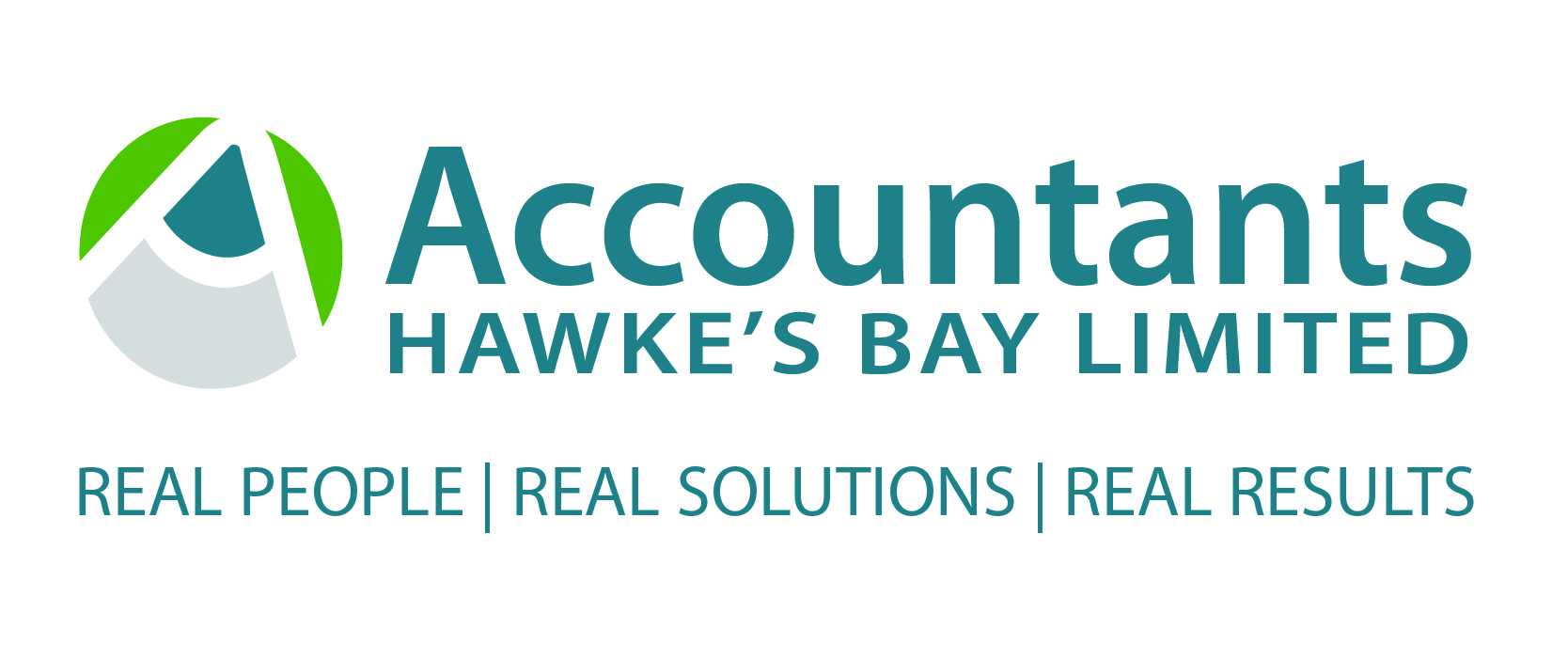
The resurgence support payment (RSP) was available to help businesses directly affected due to a COVID-19 alert level increase to level 2 or higher. Eligible businesses experienced at least a 30% drop in revenue or capital-raising ability over a 7-day period after the increased alert level. Applications for RSP have now closed (the last date for applications was 13 January 2022).
RSP payments are not subject to income tax to the extent that you use the payments for business expenditure. If you did not correctly use the RSP to fund business expenditure, you will be required to repay the RSP (and interest) to Inland Revenue. Make sure your records of RSP received and what you used it for are complete.
You are not entitled to an income tax deduction for expenditure funded by the RSP. GST-registered businesses must return GST on payments received under the RSP. These businesses can claim input tax deductions for expenditure funded by payments under the RSP.
Eligibility
Businesses and organisations could apply for the RSP each time it is activated if they met the criteria:
- Applicants must have experienced a decrease in revenue or capital-raising ability of at least 30% due to the increase in alert level (if the applicant is part of a commonly owned group this 30% decrease needed to be present across the group as a whole).
- The scheme originally required businesses and organisations (including sole traders) to have been in business for at least 6 months but from 9 September 2021, if you had been in business for at least 1 month before the alert level increase on 17 August 2021, you could apply for the payment.
- The business or organisation must be considered viable and ongoing.
- Charities and not-for-profit organisations may have been entitled to the RSP provided they met the other eligibility requirements.
- State sector organisations were excluded from the RSP but could apply to the Minister of Finance for an exemption to apply for the scheme.
- Income received passively (such as interest and dividends, and all forms of residential and commercial rent) was excluded from the measurement of revenue.
- The business must be physically present in New Zealand.
There was provision to apply for businesses still in a start-up phase (‘pre-revenue businesses’) that had taken active steps towards being market-ready while not yet trading. Pre-revenue businesses may have been eligible if they experienced a minimum 30% reduction in their capital-raising ability over a 7-day period because of an increased alert level and if they met the other RSP eligibility criteria. They should keep records of how the raised alert level affected their ability to raise capital or begin trading.
From 10 December 2021, businesses that changed ownership on or after 18 July were eligible to receive RSPs made from 29 October if they:
- met the RSP criteria
- were operating for at least 1 month before 17 August 2021, and
- were carrying on the same or similar activity as before the change in ownership.
Receiving any other Government COVID-19 support did not affect eligibility for the RSP.
It is also important to note Inland Revenue provides a search function to enable anyone to search business owners who received resurgence support payments.
